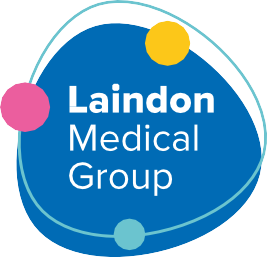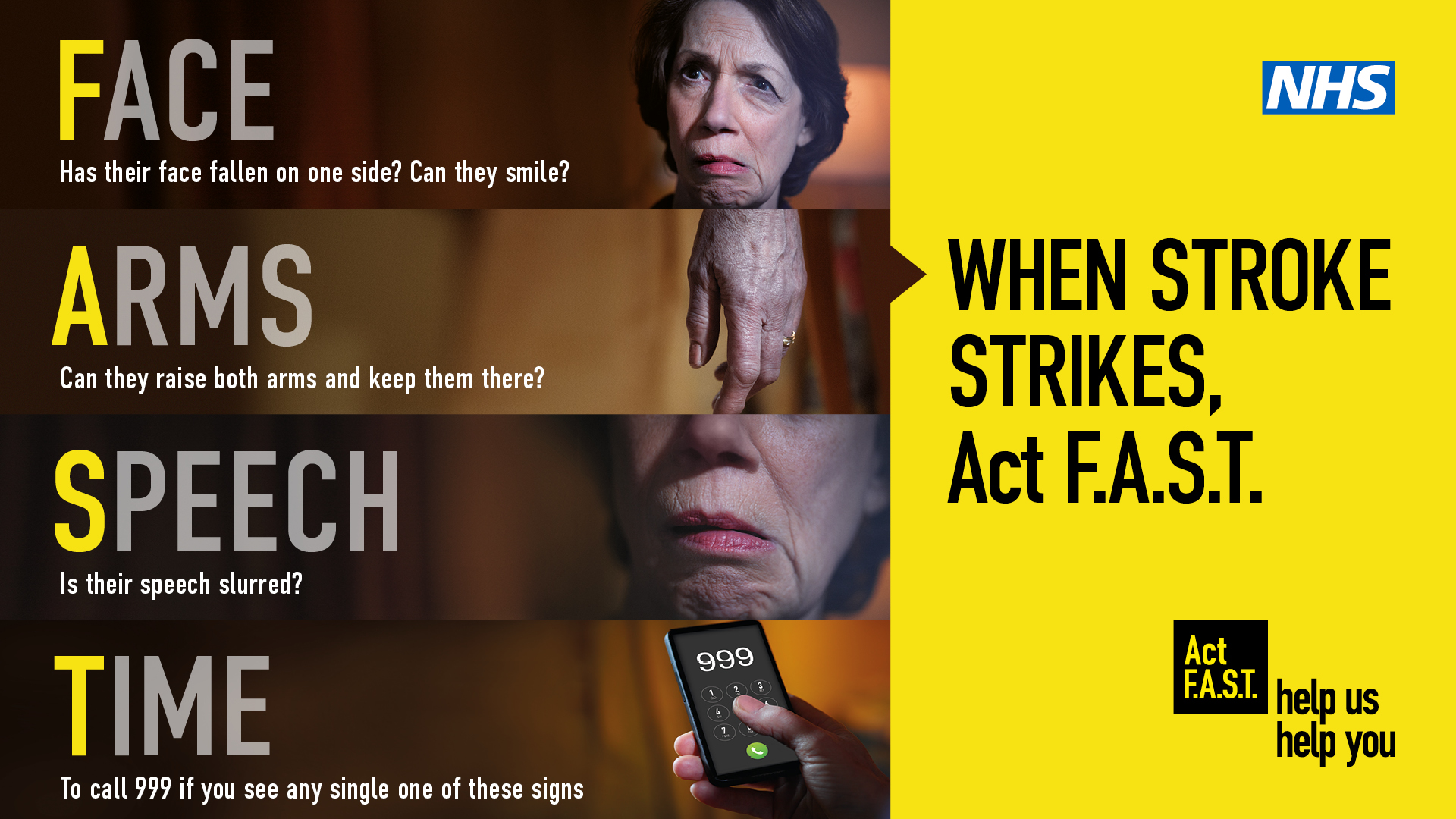As many of us are locked down and looking for activities to engage in, we wanted to let you know about some resources we have created, that are a source of fun, creative and rewarding activities, you may wish to undertake.
Have you ever wanted to learn how to play the guitar? Well.. One of our instructors has created a complete beginners guide - with no experience necessary. It is open to all ages and is suitable for both acoustic and electric guitar. The entire course can currently be purchased for £13.99. With nearly 3 hours of classes included, this is a great deal - and works out even cheaper than an actual guitar lesson! It can be found here:
https://www.udemy.com/course/learn-guitar-the-complete-beginners-guide/?couponCode=2C5A5882D17BDE35097F
Would you like to create your own music? Our instructors guide to using the software programme - ‘Garageband’ - is the perfect route in to this! Garageband is highly accessible, easy to use and comes free with Mac. Check out the class here:
https://www.udemy.com/course/beginners-guide-to-garageband-lets-write-a-song/?couponCode=GARAGEBANDGUIDE2
TIME also have an active YouTube channel, which hosts a wide variety of material. There are feel good music and movement tracks for a younger audience, that you can follow along with, such as ‘Happy and You Know It’ and 'Head Shoulders Knees & Toes’ - plus live performances of well known tracks for people of all ages that span a variety of styles and decades, including ‘Hound Dog’, ‘You Got A Friend In Me’, ‘Can’t Wait To Be King’, ‘Dance With Me Tonight’ and many more!
https://www.youtube.com/channel/UCigFrQXGe_PQk0zIsY_RttQ
For those of you who are feeling the need for relaxation - we have composed and created an ambient playlist called 'Time To Reflect’. You can find it here:
https://www.youtube.com/playlist?list=PLenHz6HroqOAET13FOQ3RbNJ6X2yJkgIY
Lastly - we are hosting a weekly stream via Zoom and our Facebook page every Monday from 6-7pm. This was initially to replace our physical disability club night that operated at The Edge Bar in Basildon. However, the online stream has blossomed in to a beautiful community that has seen many new faces join us. We host live performances, promote arts and crafts ideas, share information on mental health services and generally provide a safe space for essential social inclusion. Please see the flyer attached to this email for further information.
We hope each and every one of you are safe and well! And we look forward to hopefully seeing you very soon.
All the best,
Marc, Mike & Rob
www.facebook.com/timeessex
www.timemusictherapy.co.uk

